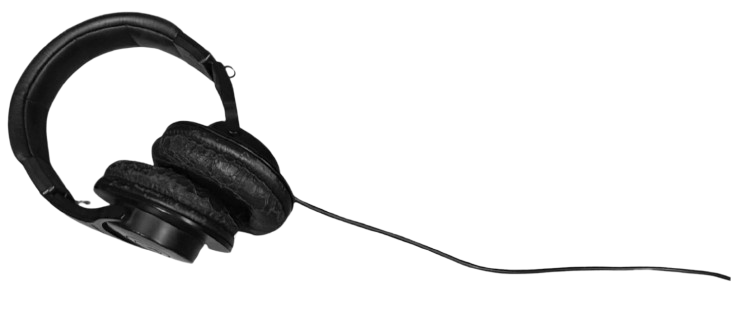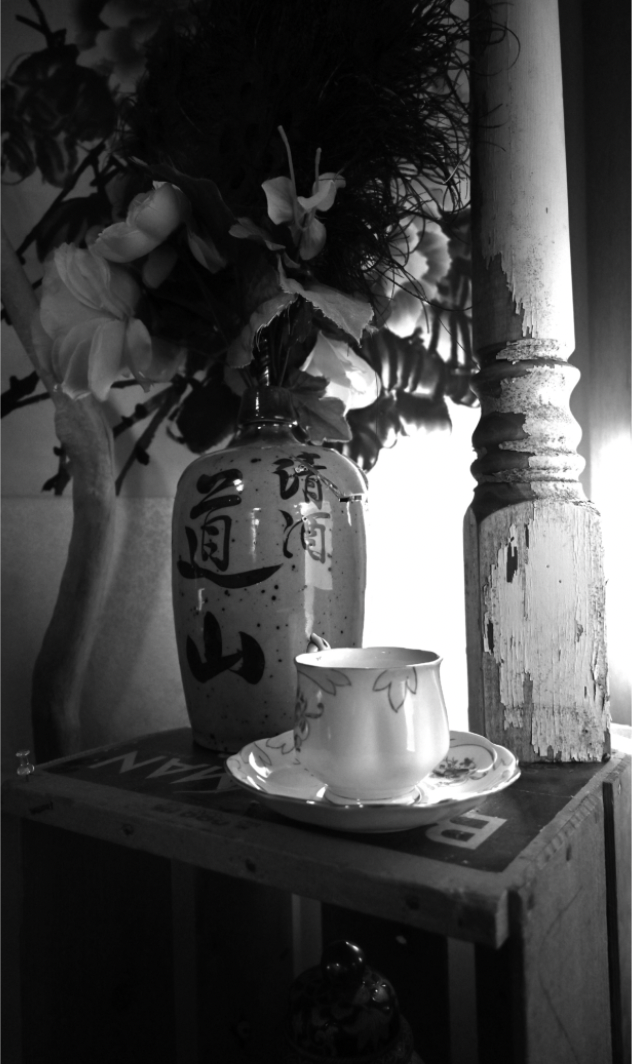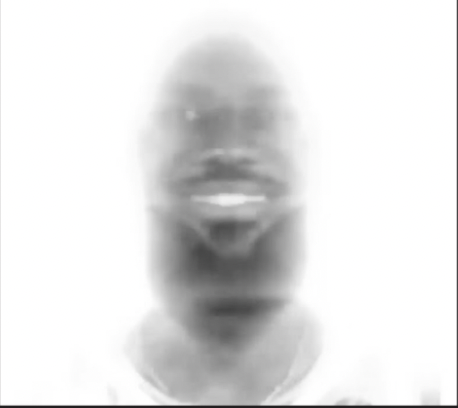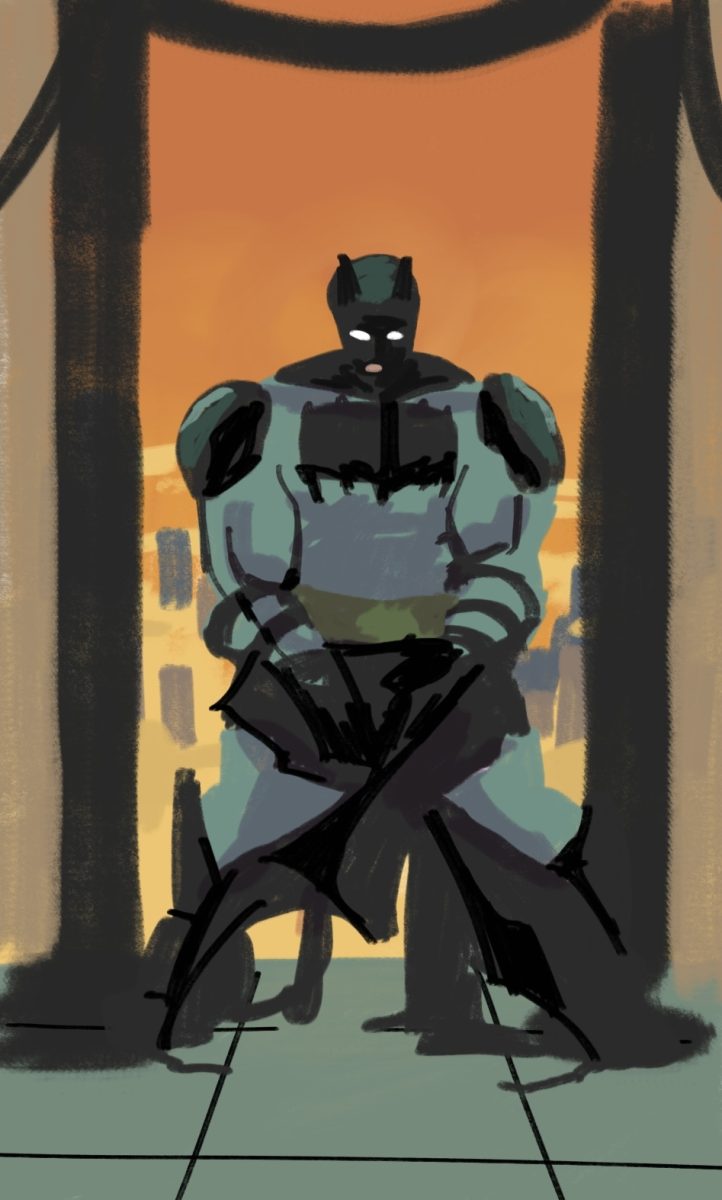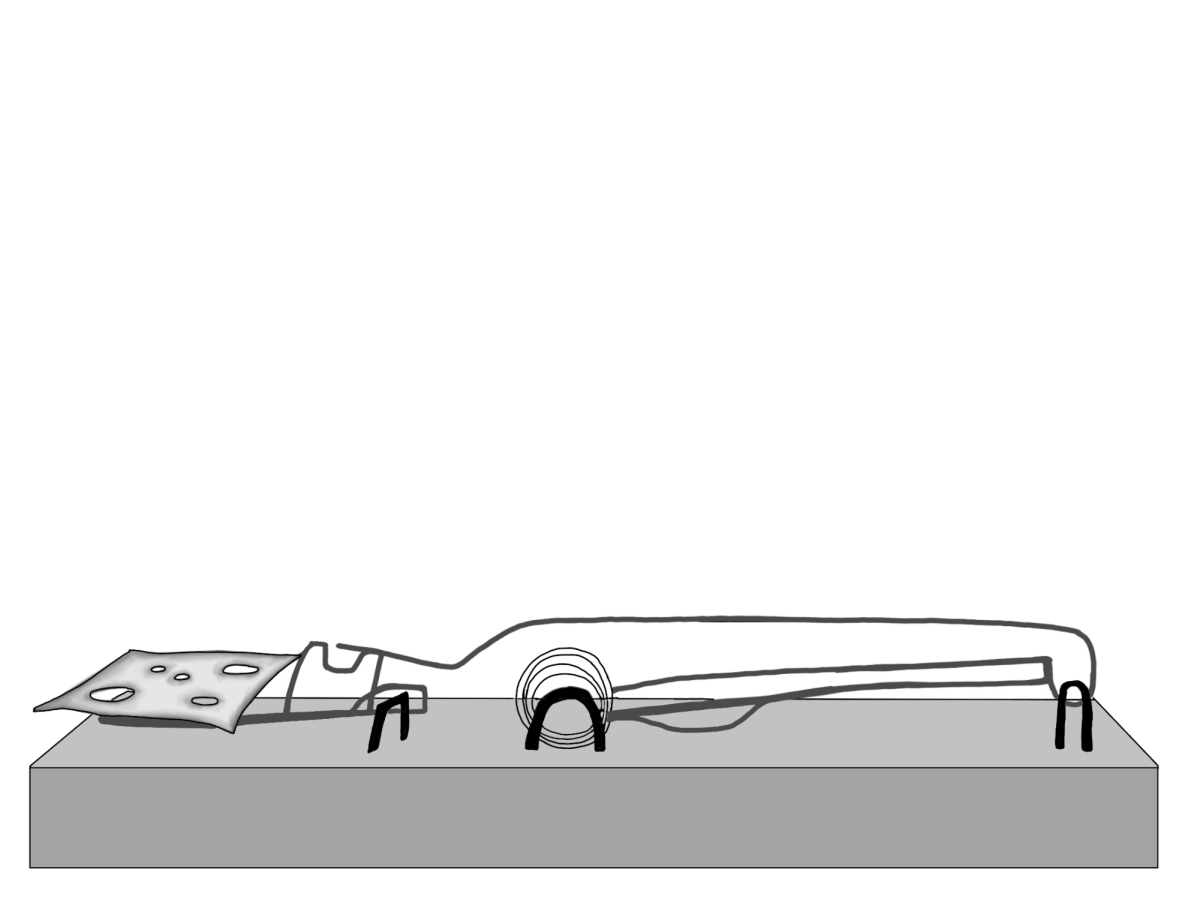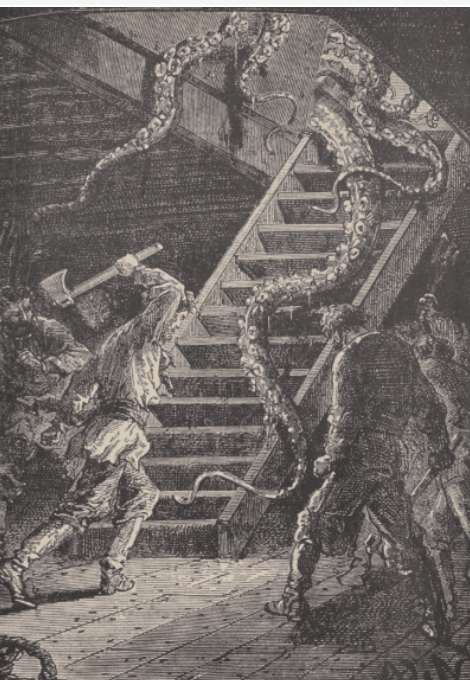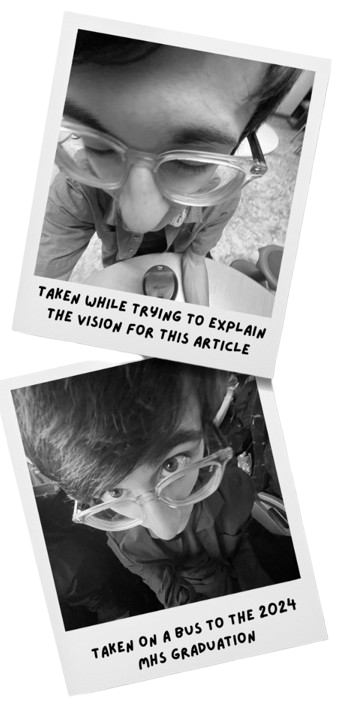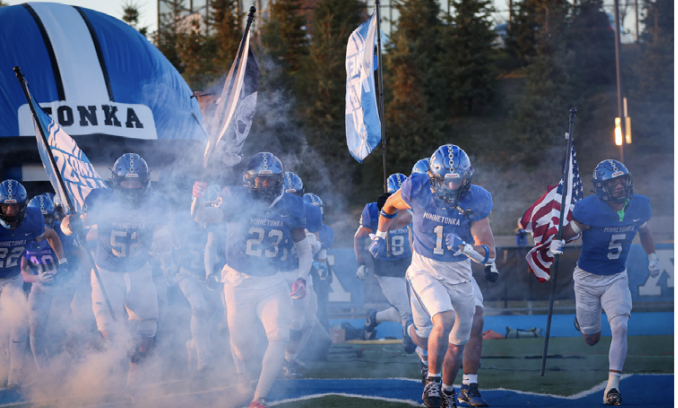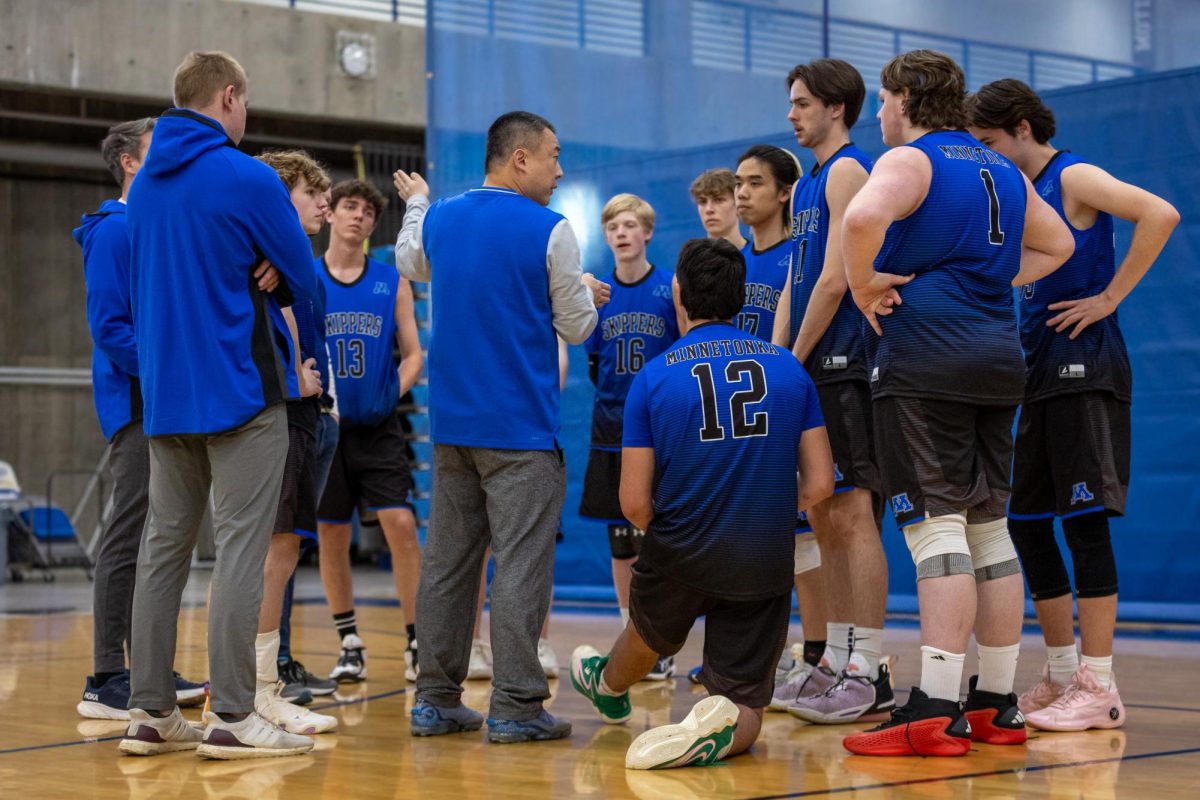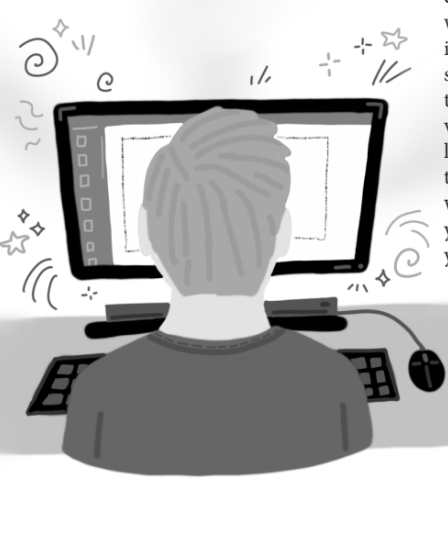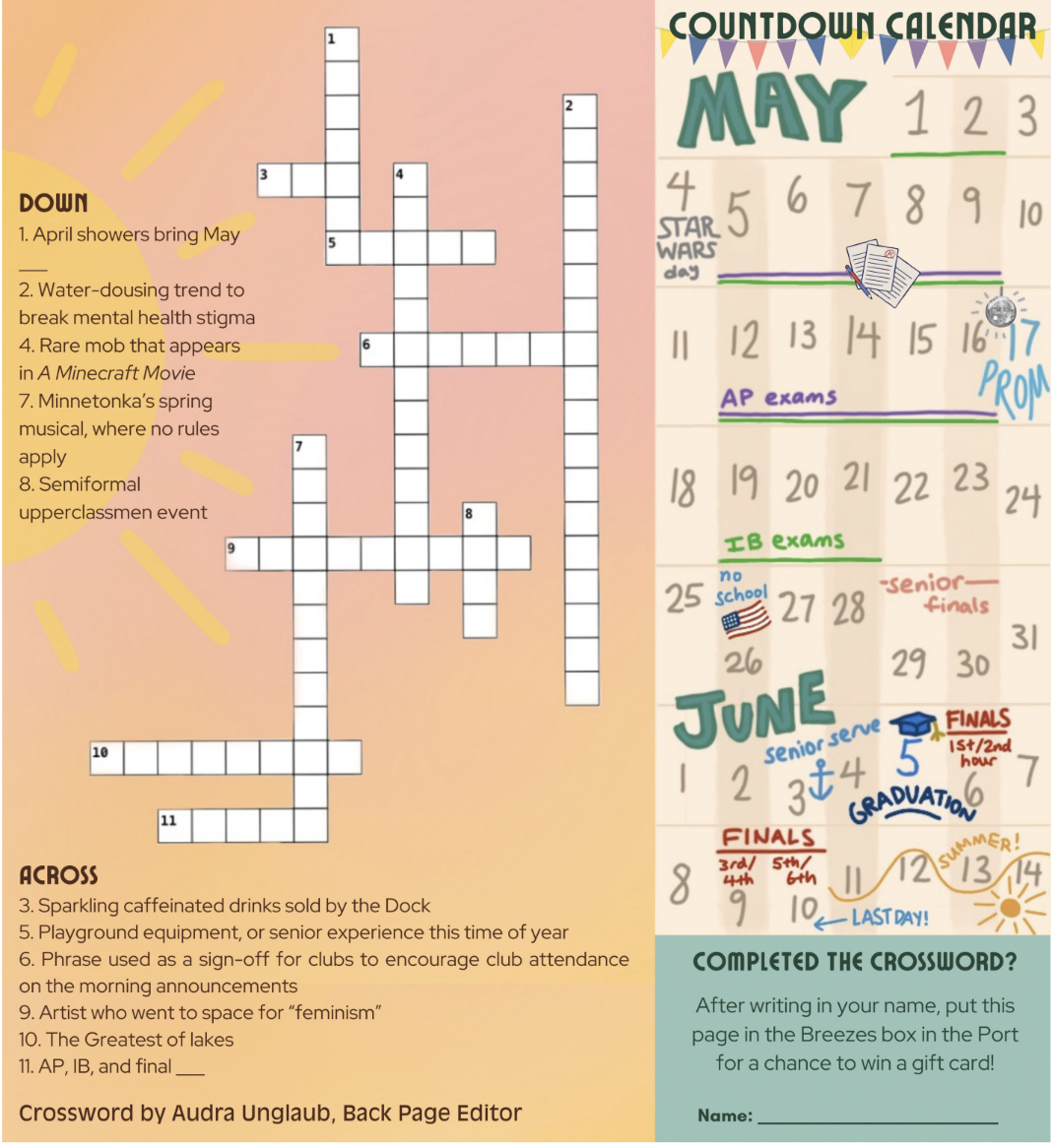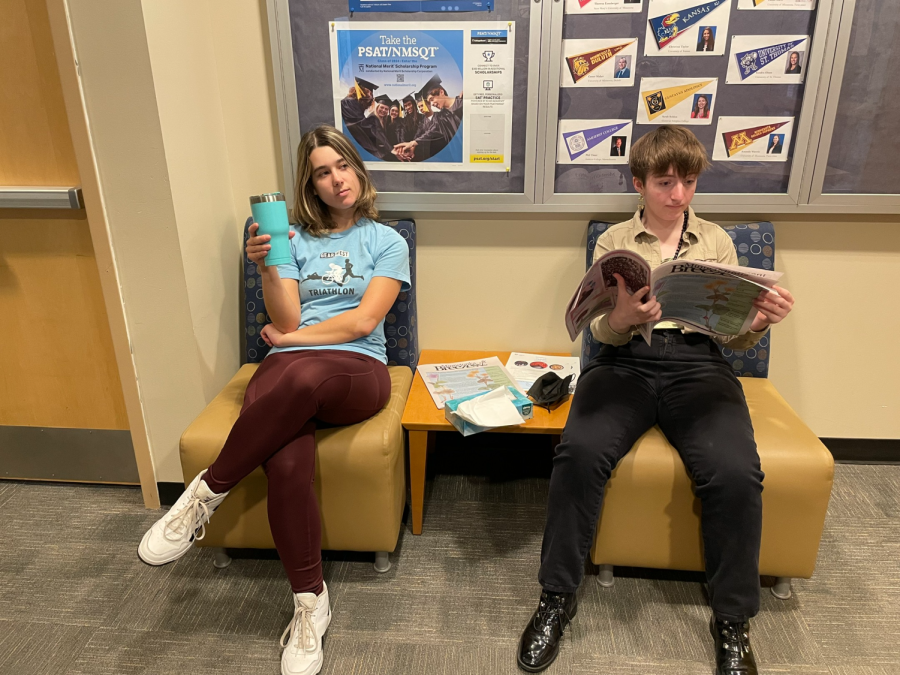Why You Wait So Long in the Counseling Office
May 5, 2023
During my four years at MHS, I’ve never had a counseling appointment start on time. In a school where we’re taught the importance of being present, I always felt that it was hypocritical how much class I missed to sit in the waiting room. After hearing that many students had similar experiences, I decided to write an article about it. Through this process, I got to hear how delayed appointments make students feel, and I learned why it’s so hard for the counseling office to stay on schedule. As it turns out, the problem is a lot more complex than I thought, and I now have a greater appreciation for the work that counselors do behind the scenes. So, how is this problem affecting students, what’s taking so long, and what can be done to shrink the wait?
“I had to wait 30-45 minutes both times I went,” said Madelynn Behning, ‘25. “It made me feel frustrated and kind of underappreciated because I took time out of my day to be there and they just didn’t really take that into mind.”
Behning isn’t the only one bothered by this problem. Many students feel as though their time isn’t being respected, including Sophia Prondzinski, ‘23. She waits an average of 20 minutes before each counseling appointment. “It’s kind of frustrating because we have to work around their schedule, but it feels like they’re not working around ours,” Prodzinski said.
But it’s not just an issue of respect. The wait time before counseling appointments also stresses students out. Ironic, right? When her counselor is late Carmen McLaren, ‘23, feels worried, like she might have gotten the time wrong. “It also makes me feel anxious because I’m missing more class than I thought I would,” McLaren commented.
Izzy Truscio, ‘23, gets stressed for another reason. “If I know that I’m meeting about something serious and important, I’ll already be dreading that meeting, so to have to wait even longer, it can be a little stressful,” she said, “but I understand that the counselors are busy people, so they can’t be there right away for everything.”
Truscio brings up one of the biggest reasons for counselor lateness: they’re swamped. Here at MHS, each counselor is assigned around 360 students. The American School Counselor Association (ASCA) recommends having only 250 students per counselor, which means each MHS counselor is taking on almost a third more students than the ideal.
Counselor Christina Taylor explained how there are many moving parts to the counseling office. “Our days will be packed back to back, then we’ll have students that are brought down by in-the-moment situations that are emergencies. We might have teachers that need us to meet with students, so they get squeezed in.” She described the counseling department as similar to a physician’s office, where students might have to wait a while before seeing the doctor. Sometimes appointments are quick, like checkups, and other times a student is really sick, and the appointment can take much longer. “They’re all these different situations that come in throughout the day and we have to make sure we address everything, and sometimes that causes the schedule to get off track,” Taylor said.
One thing in particular that derails counseling schedules is students coming in late, or even not coming in at all. Counselor Conor Maher estimates that one out of five appointments he has, the student doesn’t show up. Taylor experiences a similar issue, with several students coming late to their appointments every day. When this happens it can be hard for counselors to end meetings on time for their next student.
Of course, the simplest way to solve counselor wait time would be to hire three more counselors, but that’s much easier said than done. After talking to students, counselors, and administrators, here are three proposed solutions that I believe have the potential to improve the situation.
Suggestion #1 is to send effective reminders to students. Currently, when students schedule a counseling appointment online, they’re given a reminder notification 24 hours as well as 1 hour before their appointment. Tyler Strom, the Counseling Office Administrative Assistant, created the online scheduling tool back in 2021. “Using this tool has been extremely successful in helping students to remind them of their appointments, and ensure that they make it down,” Strom commented. Even though the system has improved efficiency in the counseling office, it’s clear by the number of students forgetting their appointments that there’s still room for improvement. It could be useful to send out a text message along with the standard email, as students are much more likely to check their texts daily than their emails. The counseling office has discussed other reminder methods as well, such as having a student volunteer pass out slips to students who have appointments that day. And of course, if you’re a student scheduling a counseling appointment, try your best to be on time. The counselors recommend setting a reminder on your phone or putting it into your calendar.
Suggestion #2 addresses the need for more flexible appointment times. All counseling appointments are 30 minutes long. If a student has something sensitive to talk about, it’s almost guaranteed that 30 minutes will not be sufficient, and that the next student will end up having to wait. If students could schedule 15, 30, or 60-minute appointments, it would be easier to anticipate appointment length and would lower students’ wait time. However, Strom believes that this could cause problems with the scheduling system as well as possibly reduce the number of students a counselor can see per day. For next year, MHS is looking at implementing a system called the Hub, which could be used as a new scheduling and reminding tool. Principal Erickson hopes that it will be helpful in solving this problem.
“We need to make sure that we are addressing the fact that students are waiting for long periods of time to see their counselor or any adult in this building,” said Principal Erickson after hearing about this issue for the first time. Erickson intends to look at data provided by the counseling office scheduling system to explore what improvements can be made.
Suggestion #3 is to implement a pager system similar to that of a restaurant. With the nature of the counselor’s jobs, there will be times when an emergency or other important situation causes a major backup in the day’s appointments. In these situations, a pager system would let students return to class and be notified when their counselor is ready for them. This minimizes the amount of class students need to miss, and could also help lower the anxiety surrounding waiting in the office.
All of these solutions bring their own challenges, and if this was an easy problem to solve, it would be fixed by now. Even though it’s hard to feel it as your butt falls asleep in the waiting room chairs, everyone in the counseling office truly cares about your time and your well-being.
So, as you wait in that chair for an undetermined amount of time, it’s best to think like Alex Tate, ‘24. “I think [their being late] shows how the counselors take their time to listen to the students, and if it goes a few minutes overboard, that just kinda shows their dedication to the students.”


